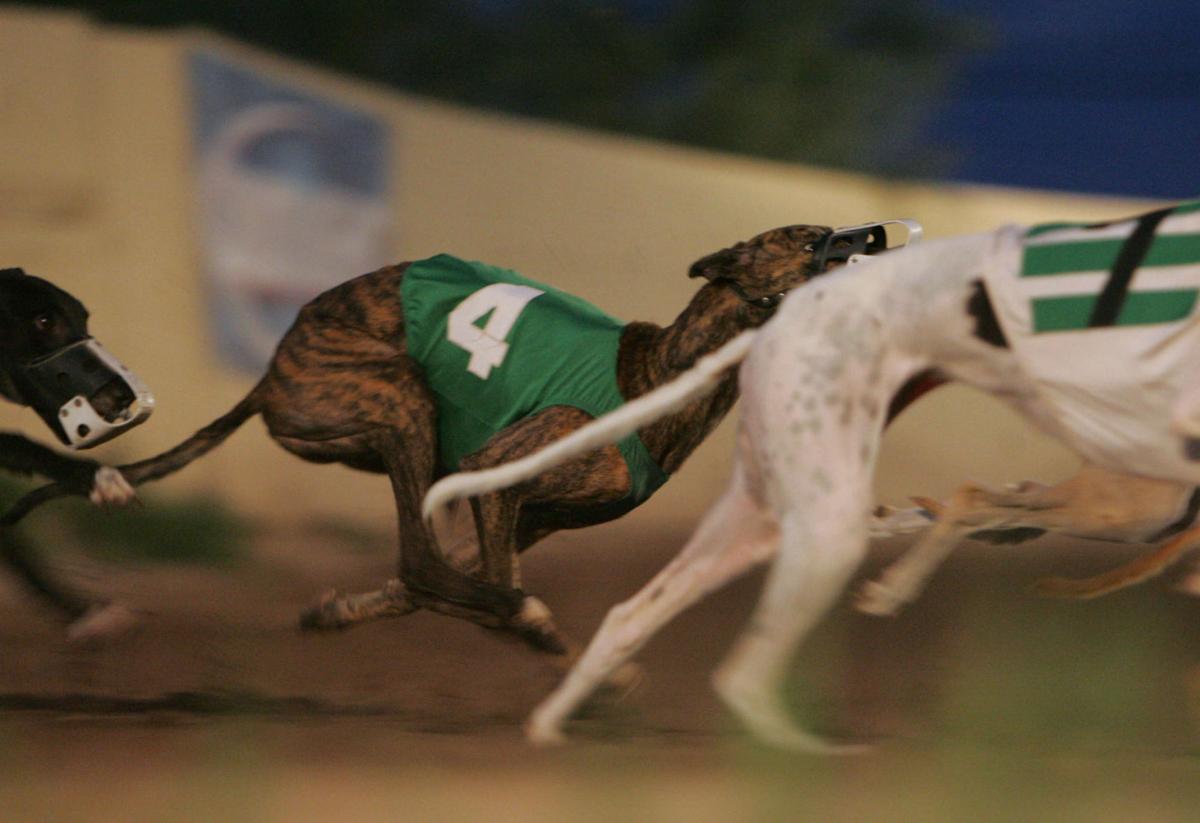PHOENIX — State lawmakers voted Thursday to make dog racing go away in Arizona but allow pet stores to be able to sell animals from commercial breeders.
On a voice vote, the Senate ratified a deal that would shutter Tucson Greyhound Park, the last surviving dog track in Arizona, at the end of this year. Lobbyist Michael Racy said the owners are not particularly interested in staying in the business, which has become not only less profitable since the days of tribal gaming but come under fire by animal-rights groups.
But the deal in HB 2127 continues the exclusive right of track owners to operate — and make money from — off-track betting facilities in Southern Arizona for two years beyond that.
Track owners sought that provision because current state law says only tracks that have live racing can run OTB facilities.
The deal also contains a provision requiring track owners to pay a share of the money they get from Turf Paradise for the next two years as part of the OTB operations to a horsemen’s group.
After that, Turf Paradise, a horse racetrack in Phoenix, is free to open its own wagering facilities throughout the state.
Animal-rights activists have hailed the deal, saying that dog racing is cruel and that animals who cannot win races are killed or given away.
Pet sales
Separately, the House gave preliminary approval to legislation that bars cities from enacting ordinances limiting pet stores to selling only shelter and rescue animals. SB 1248, if it becomes law, would overturn existing ordinances in Phoenix and Tempe and sideline a similar proposal being considered in Tucson.
Proponents of such laws contend commercially bred animals are raised in inhumane conditions, even if the kennels meet the requirements of the U.S. Department of Agriculture.
But the groups opposed to the legislation agreed not to oppose it when some additional teeth were added to existing statutes.
One specifically requires that pet stores list the source of any dog or cat, including the name of the breeder, the USDA license and where would-be buyers can obtain more information about the record of that breeder.
It also says that pet stores that obtain animals from non-licensed breeders can be subject to fines, with a third violation resulting in losing their ability to sell anything but rescue and shelter animals.
Both measures require final roll-call votes.





